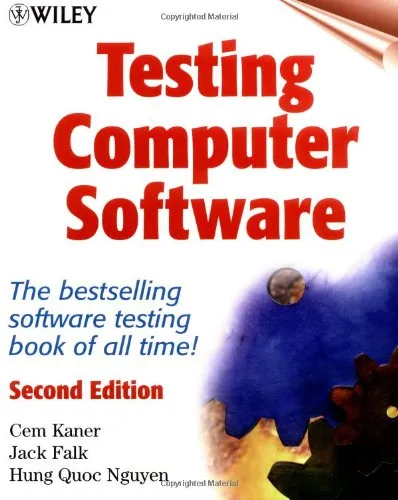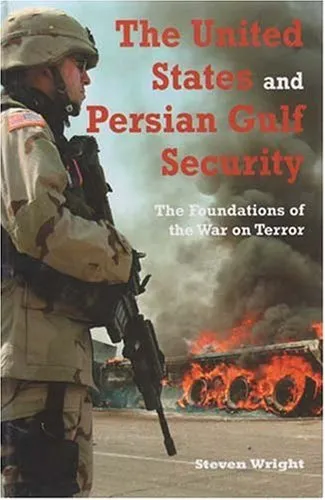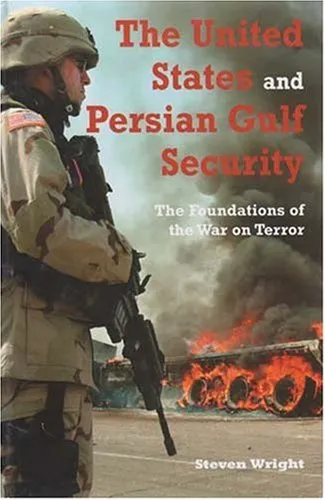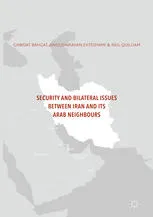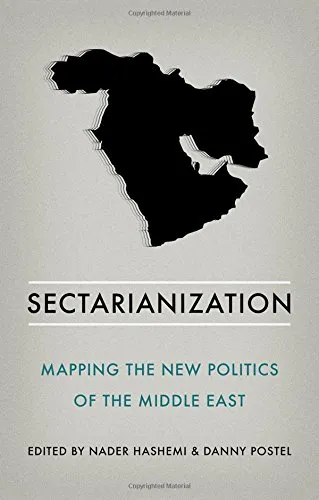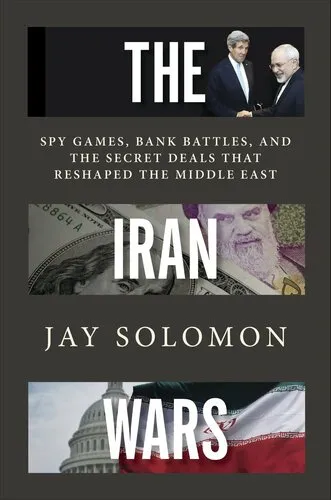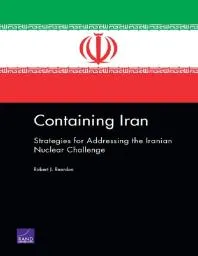America’s War for the Greater Middle East: A Military History
4.5
Reviews from our users

You Can Ask your questions from this book's AI after Login
Each download or ask from book AI costs 2 points. To earn more free points, please visit the Points Guide Page and complete some valuable actions.Related Refrences:
Introduction to "America’s War for the Greater Middle East: A Military History"
Written by historian, retired U.S. Army colonel, and author Andrew J. Bacevich, "America’s War for the Greater Middle East: A Military History" explores the United States' long and complex military engagement in the Greater Middle East. This insightful book provides a thorough examination of America's shifting strategies, questionable decisions, and often misguided ambitions in the region.
Casting a critical eye on four decades of military actions, Bacevich offers readers a sweeping analysis of how and why the United States became embroiled in relentless conflicts across the Middle East—conflicts which have cost millions of lives, destabilized entire regions, and raised profound questions about America's role and effectiveness as a global leader. This work is not just a record of battles and policies; it serves as a poignant critique of American exceptionalism and the pitfalls of a militarized foreign policy.
Detailed Summary of the Book
Bacevich begins by tracing the origins of America’s involvement in the Greater Middle East, connecting it to the oil crises of the 1970s and the subsequent Carter Doctrine, which declared the Persian Gulf a zone of "vital" U.S. interests. From this foundation, Bacevich charts the timeline of conflict, from the Gulf War and the Lebanese Civil War to post-9/11 wars in Afghanistan, Iraq, and beyond.
Bacevich makes a compelling argument that U.S. efforts to reshape the Middle East through military intervention have consistently failed. Over 40 years, America’s attempts to bring stability, democracy, and security to the region have instead exacerbated existing tensions. As the military campaigns continued—from bombing campaigns to large-scale invasions—they veered further from their intended objectives. Instead of fostering peace, they often created environments ripe for extremist movements and recurring instability.
The book also examines the human cost of these wars: the lives lost among soldiers and civilians, the economic burdens placed on future generations, and the moral compromises made by America’s leaders. Through meticulously detailed accounts of military strategies, policies, and operations, Bacevich paints an unflattering picture of a nation that has invested vast resources in wars, only to find itself no closer to peace or resolution in the region.
Key Takeaways
- America’s Middle East policy has been shaped by an overreliance on military power rather than diplomatic solutions.
- The Carter Doctrine marked the starting point of U.S. military escalation in the Greater Middle East.
- U.S. interventions often aggravated existing crises rather than solving them, leading to prolonged wars and regional instability.
- America’s wars in the Middle East have had devastating consequences, not only for local populations but also for America's credibility and influence globally.
- The book underscores the importance of reflecting critically on the limits of military power in achieving foreign policy objectives.
Famous Quotes from the Book
"The United States today finds itself at war in the Greater Middle East because it chooses to be."
"The paradox of the Greater Middle East is that the exercise of American power exacerbates the region’s problems even as it reveals the limits of American power."
Why This Book Matters
"America’s War for the Greater Middle East" is a vital resource for anyone seeking to understand the complexity of U.S. foreign policy in one of the world’s most volatile regions. By providing a detailed military history, Bacevich challenges readers to reconsider their assumptions about America’s role as a global policeman and whether such a role is sustainable—or even desirable—in the long term.
As conflicts continue to rage in the Middle East, the lessons highlighted in this book remain profoundly relevant. It encourages a thoughtful reevaluation of strategies that prioritize military might over diplomacy, accountability over apathy, and genuine engagement over superficial control. Bacevich does not offer easy answers but instead pushes readers to confront uncomfortable truths about America's past choices and their implications for the future.
This book is essential not just for scholars or policymakers but for any informed citizen concerned about how their nation engages with the world. In an era where military interventions seem to be the default solution to international problems, Bacevich’s critique serves as a much-needed call for a more ethical, strategic, and sustainable approach.
Free Direct Download
You Can Download this book after Login
Accessing books through legal platforms and public libraries not only supports the rights of authors and publishers but also contributes to the sustainability of reading culture. Before downloading, please take a moment to consider these options.
Find this book on other platforms:
WorldCat helps you find books in libraries worldwide.
See ratings, reviews, and discussions on Goodreads.
Find and buy rare or used books on AbeBooks.
1641
بازدید4.5
امتیاز0
نظر98%
رضایتReviews:
4.5
Based on 0 users review
Questions & Answers
Ask questions about this book or help others by answering
No questions yet. Be the first to ask!

